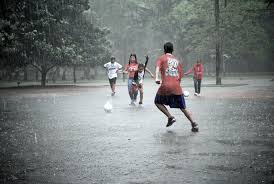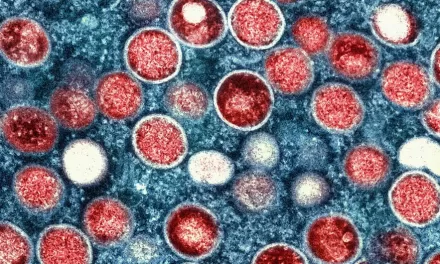Copenhagen, Denmark — A groundbreaking study has found that the prevalent practice of calorie restriction among elite female athletes not only hinders performance but also poses significant health risks. Researchers from the University of Copenhagen have highlighted the detrimental effects of low energy availability, particularly in endurance sports such as running, swimming, cycling, and rowing.
For decades, athletes have aimed to achieve the “right” weight to enhance performance or qualify for specific weight categories. However, this pursuit often leads to extreme dieting, especially in the lead-up to competitions.
Performance Impacts
Led by Professor Ylva Hellsten and Ph.D. student Jan Sommer Jeppesen, the study involved twelve female triathletes who maintained a normal energy intake before undergoing two distinct 14-day trials. In one phase, the athletes consumed their required caloric intake, while in the other, they drastically reduced their intake to just 50% of their energy needs.
The results were alarming: during the period of insufficient calories, athletes lost an average of 4% of their body weight, with about half of that being muscle mass. Performance dropped significantly, with a 7.7% reduction in a 20-minute cycling time trial and an 18% decline in a more intense short-term test.
Health Consequences
The research also examined the impact on immune function, revealing that low energy intake led to heightened systemic stress levels. Athletes exhibited increased cortisol production, indicating that insufficient caloric intake adversely affects immune cell function, potentially increasing susceptibility to illness.
Jeppesen emphasized the urgent need for awareness in the sports community: “Many coaches continue to pressure athletes to lose weight without understanding the serious consequences.”
Cultural Shift Needed
Team Denmark, the nation’s elite sports organization, has welcomed these findings, challenging the long-standing belief that lighter is always better. Majke Jørgensen, a sports nutritionist at Team Denmark, noted the prevalence of weight trimming among athletes before competitions and the necessity of research to support critiques of this culture.
“This study provides essential knowledge that can inform our discussions with athletes and coaches,” Jørgensen stated, indicating that the results would be used to promote healthier practices.
Insufficient Recovery
Interestingly, the study also tested the effects of a three-day refeeding period after the low energy phase. Contrary to expectations, the athletes’ performance did not recover, indicating that the negative impacts of calorie restriction cannot be easily reversed.
Gender Vulnerability
The research highlighted a gender disparity in resilience to low energy availability. Findings suggest that women are particularly vulnerable, experiencing more significant physiological effects due to decreased estrogen levels, which play a critical role in protecting various bodily systems.
Hellsten warned of the long-term implications of this issue, especially for female athletes, stating that the consequences of inadequate energy intake could last a lifetime.
As elite sports continue to evolve, this study serves as a vital call to action for coaches, athletes, and sports organizations to prioritize health over weight and reconsider the entrenched norms surrounding athletic performance.
For further reading, see: Jan S. Jeppesen et al, “Low energy availability increases immune cell formation of reactive oxygen species and impairs exercise performance in female endurance athletes,” Redox Biology (2024). DOI: 10.1016/j.redox.2024.103250.












